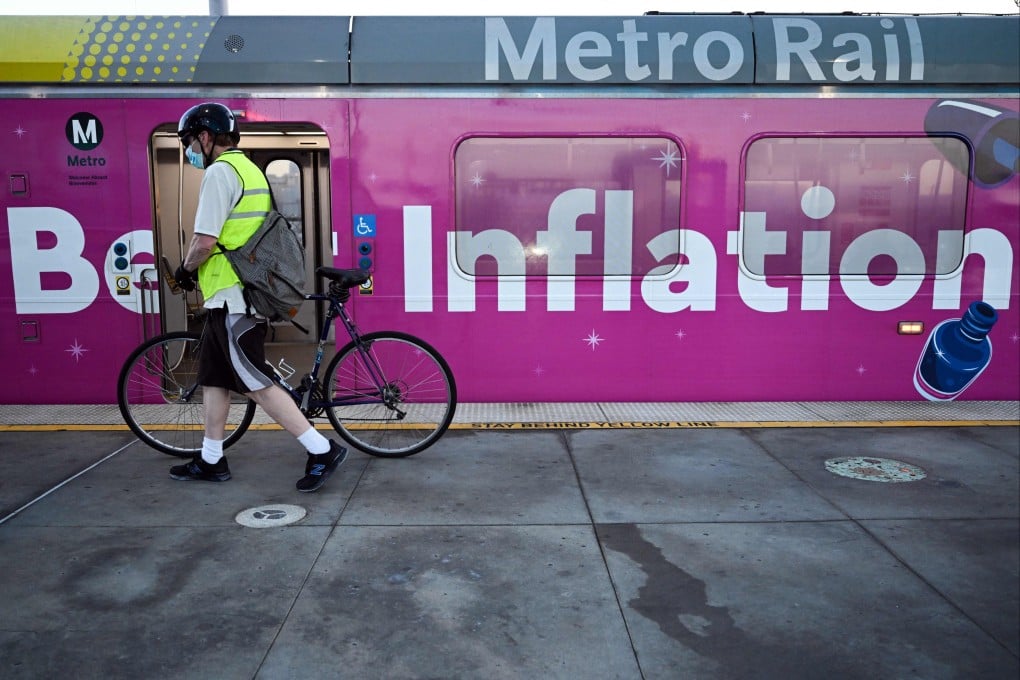Macroscope | Markets have bigger worries than US midterm election results
- Investors are far more concerned about inflation, further monetary policy tightening and recession risks
- In a way, a gridlocked government would remove uncertainty over new regulations and taxes, and make further stimulus less likely

The shifting of the global political landscape continues as the United States prepares to hold midterm elections on November 8. The elections will determine the controlling party in Congress, the legislative branch of government, which is made up of the House of Representatives and the Senate.
The outcome is crucial since, by and large, it determines the direction of fiscal and other major government policies, and the ease with which they are signed into law.
The House decides which laws are voted on and is made up of 435 elected members, divided among the 50 states in proportion to the population. All 435 seats are up for election this time, with the Democrats currently holding a slight majority.
Meanwhile, the Senate is composed of 100 senators, two for each state. It has the power to confirm those presidential appointments that need consent, and to provide advice and consent to ratify treaties. If there is a 50-50 party split, the vice-president has the tiebreaking vote on items that require only a simple majority.
Typically, big swings happen in midterm election years. Since the second world war, the president’s party (Democrats at the moment) has lost House seats in 17 of 19 midterm elections and Senate seats in 13 of 19. The average loss has been around 27 seats in the House and three to four seats in the Senate.

